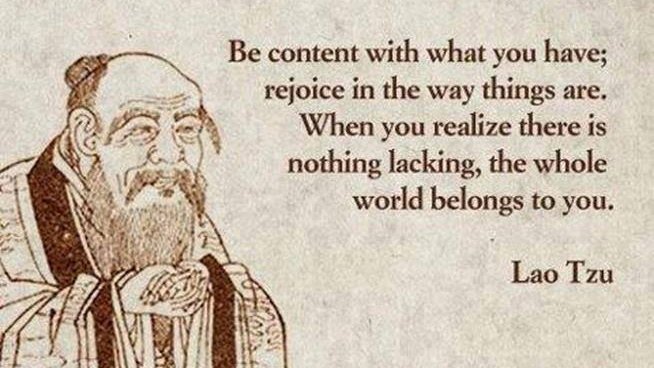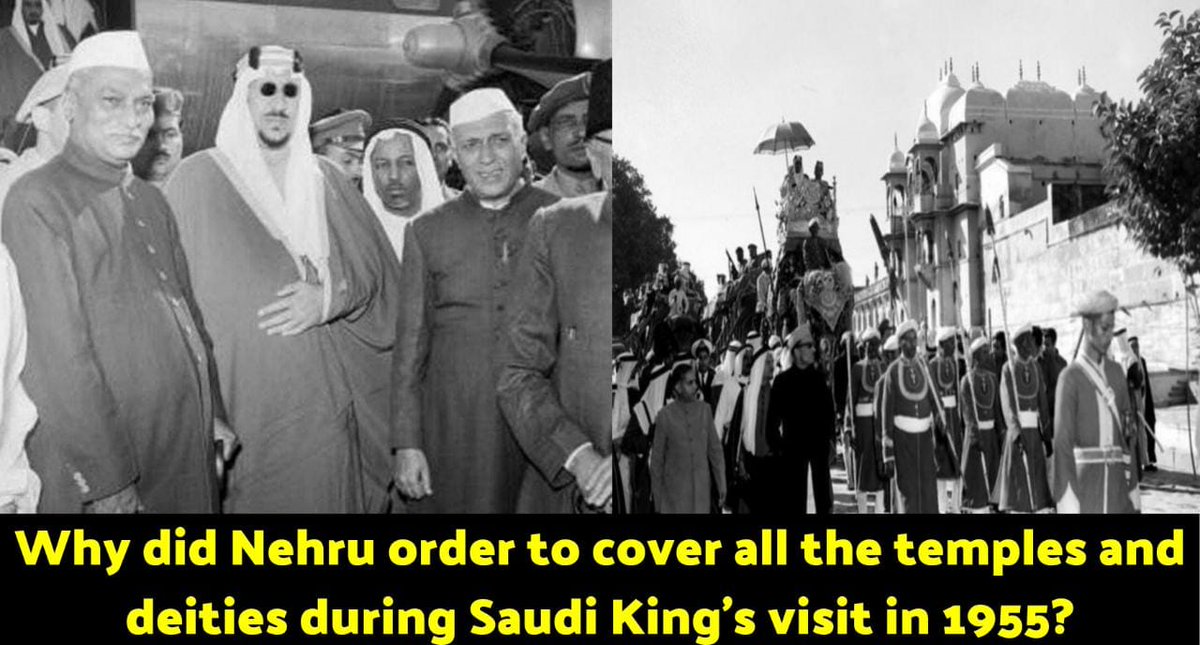- Paulo Coelho
- Paulo Coelho
- Paulo Coelho
- Paulo Coelho
But not knowing which to do is the worst kind of suffering.”
- Paulo Coelho
And you’re serious about improving your lifestyle and mental model,
Once and for all,
Read "MENTAL MODELS"
With the help of books, cards, etc.
It will internalize mental models in your head in a way that you will use them automatically
And overcome the 'Mind'
Get your copy:
https://t.co/Dsp8zPhmjV
More from Philosophy Thoughts
More from Principles
Shared a lot of wins publicly in 2021, so it feels appropriate to share the losses just as publicly.
Here are my 10 biggest Ls from 2021 (and what I learned from each one):
Dopamine Addiction
Humans were not made for social media—the dopamine hits are dangerous.
I fell victim.
On several occasions, I found myself constantly refreshing my notifications on a viral thread.
It was gross.
I’m learning to physically force separation to avoid it.
Hustle Culture Fail
I spent the better part of the last decade as a hustle culture aficionado.
Then I burned myself out and was totally incapable of thinking creatively.
I made a change. Now I:
• Work like a lion
• Sleep 8 hours
• Take more walks
My life & work have 10Xed.
Solana Fail
I invested in Solana early and was riding high when it hit $30+ in April—10X+ on my investment.
I sold it and thought I was the next Warren Buffett.
Then it hit $100, $200, & $250—as I stubbornly sat on the sidelines refusing to re-enter.
I am not Warren Buffett.
The Hedonic Treadmill
I tweeted this in May—and then failed to practice what I preached.
Every win felt a bit less exciting. It’s part of our biology, but it was no way to live.
Measure internally, not externally.
Here are my 10 biggest Ls from 2021 (and what I learned from each one):
Dopamine Addiction
Humans were not made for social media—the dopamine hits are dangerous.
I fell victim.
On several occasions, I found myself constantly refreshing my notifications on a viral thread.
It was gross.
I’m learning to physically force separation to avoid it.
Hustle Culture Fail
I spent the better part of the last decade as a hustle culture aficionado.
Then I burned myself out and was totally incapable of thinking creatively.
I made a change. Now I:
• Work like a lion
• Sleep 8 hours
• Take more walks
My life & work have 10Xed.
Solana Fail
I invested in Solana early and was riding high when it hit $30+ in April—10X+ on my investment.
I sold it and thought I was the next Warren Buffett.
Then it hit $100, $200, & $250—as I stubbornly sat on the sidelines refusing to re-enter.
I am not Warren Buffett.
The Hedonic Treadmill
I tweeted this in May—and then failed to practice what I preached.
Every win felt a bit less exciting. It’s part of our biology, but it was no way to live.
Measure internally, not externally.
The Hedonic Treadmill is real.
— Sahil Bloom (@SahilBloom) May 21, 2021
Humans have a tendency to quickly return to a baseline level of happiness after positive events.
Step off the treadmill.
Focus on increasing your happiness baseline, not on the height or frequency of the spikes above it.
You May Also Like
The Eye of Horus. 1/*
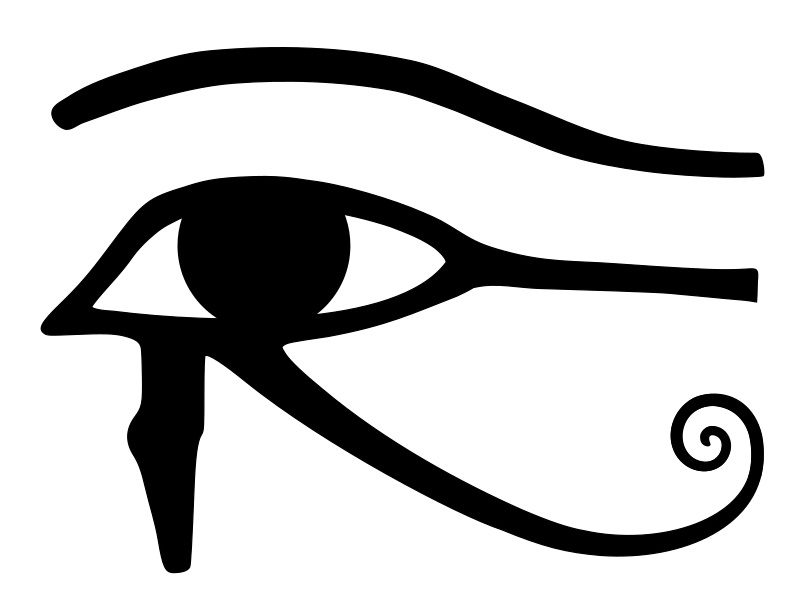
I believe that @ripple_crippler and @looP_rM311_7211 are the same person. I know, nobody believes that. 2/*
Today I want to prove that Mr Pool smile faces mean XRP and price increase. In Ripple_Crippler, previous to Mr Pool existence, smile faces were frequent. They were very similar to the ones Mr Pool posts. The eyes also were usually a couple of "x", in fact, XRP logo. 3/*

The smile XRP-eyed face also appears related to the Moon. XRP going to the Moon. 4/*
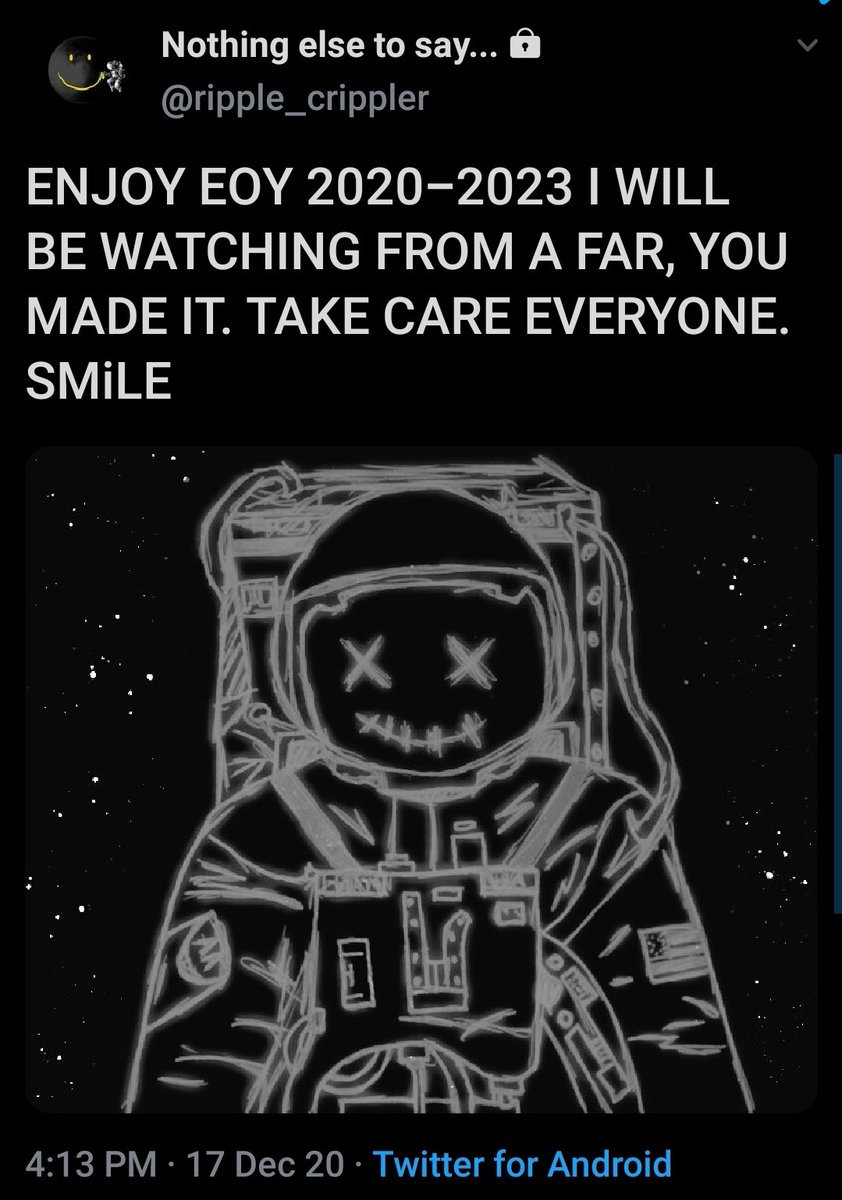
And smile XRP-eyed faces also appear related to Egypt. In particular, to the Eye of Horus. https://t.co/i4rRzuQ0gZ 5/*


I believe that @ripple_crippler and @looP_rM311_7211 are the same person. I know, nobody believes that. 2/*
Today I want to prove that Mr Pool smile faces mean XRP and price increase. In Ripple_Crippler, previous to Mr Pool existence, smile faces were frequent. They were very similar to the ones Mr Pool posts. The eyes also were usually a couple of "x", in fact, XRP logo. 3/*

The smile XRP-eyed face also appears related to the Moon. XRP going to the Moon. 4/*

And smile XRP-eyed faces also appear related to Egypt. In particular, to the Eye of Horus. https://t.co/i4rRzuQ0gZ 5/*

1/OK, data mystery time.
This New York Times feature shows China with a Gini Index of less than 30, which would make it more equal than Canada, France, or the Netherlands. https://t.co/g3Sv6DZTDE
That's weird. Income inequality in China is legendary.
Let's check this number.
2/The New York Times cites the World Bank's recent report, "Fair Progress? Economic Mobility across Generations Around the World".
The report is available here:
3/The World Bank report has a graph in which it appears to show the same value for China's Gini - under 0.3.
The graph cites the World Development Indicators as its source for the income inequality data.
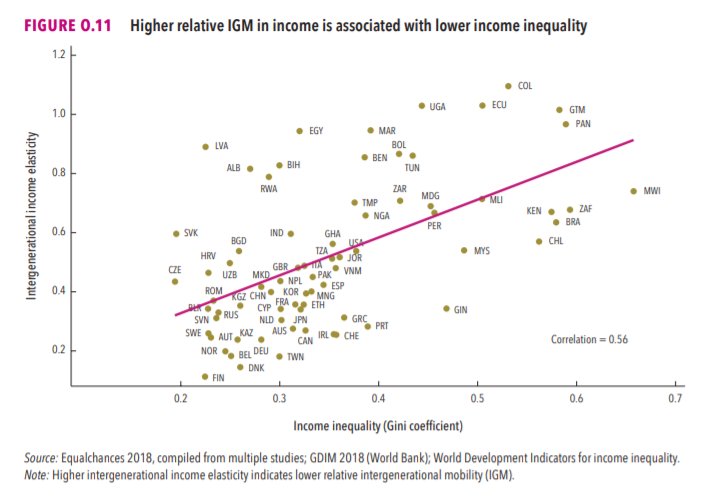
4/The World Development Indicators are available at the World Bank's website.
Here's the Gini index: https://t.co/MvylQzpX6A
It looks as if the latest estimate for China's Gini is 42.2.
That estimate is from 2012.
5/A Gini of 42.2 would put China in the same neighborhood as the U.S., whose Gini was estimated at 41 in 2013.
I can't find the <30 number anywhere. The only other estimate in the tables for China is from 2008, when it was estimated at 42.8.
This New York Times feature shows China with a Gini Index of less than 30, which would make it more equal than Canada, France, or the Netherlands. https://t.co/g3Sv6DZTDE
That's weird. Income inequality in China is legendary.
Let's check this number.
2/The New York Times cites the World Bank's recent report, "Fair Progress? Economic Mobility across Generations Around the World".
The report is available here:
3/The World Bank report has a graph in which it appears to show the same value for China's Gini - under 0.3.
The graph cites the World Development Indicators as its source for the income inequality data.

4/The World Development Indicators are available at the World Bank's website.
Here's the Gini index: https://t.co/MvylQzpX6A
It looks as if the latest estimate for China's Gini is 42.2.
That estimate is from 2012.
5/A Gini of 42.2 would put China in the same neighborhood as the U.S., whose Gini was estimated at 41 in 2013.
I can't find the <30 number anywhere. The only other estimate in the tables for China is from 2008, when it was estimated at 42.8.














